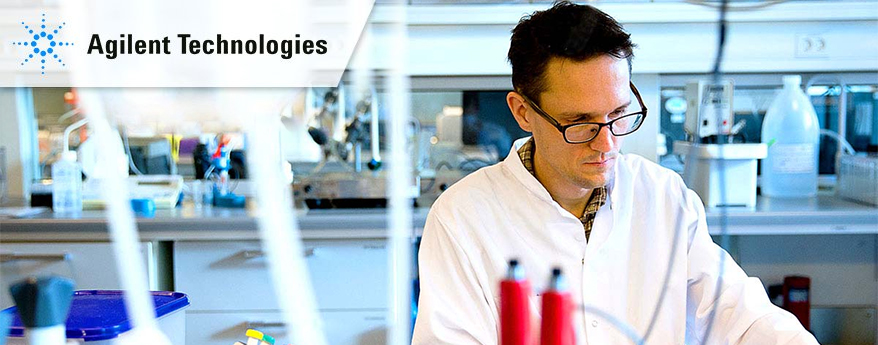Licensed Facilities Are The Key To Overcoming Heroin And Vicodin Addictions
Heroin has been a bane of civilized countries since its unfortunate discovery. Every state in the US has been engaged in an active battle for decades, sometimes getting the upper hand, sometimes not. One place that has seen an increase in usage, overdoses and deaths in the last few years is Delray Beach in Florida.
Three heroin overdoses were reported in 2012 and 27 in 2013. The year 2014 saw a dramatic increase in the number of heroin overdoses and in May 2015 alone there were 17 reported overdoses. Having accurate numbers is difficult because not all overdoses are reported. It often happens at fatal and non-fatal overdose scenes that friends will remove evidence. This may be out of fear of being arrested and prosecuted.
A number of people believe that corrupt halfways to blame for Delray heroin epidemic. Florida has many drug treatment centers and halfway houses, making it a popular rehabilitation destination. Once a patient completes a recognized treatment program, he or she lives in a halfway house. The house, staffed with employees of the treatment center, helps recovering addicts stick with their treatment and transition back into everyday life. That is the ideal situation.
Unfortunately, not all halfway houses are operated or staffed by treatment centers. Greedy owners charge high rents and demand payment up front with non-refundable deposits. Rules are often obscure, resulting in quick eviction for some menial infraction. As a result, vulnerable patients are dumped back on the streets. Many are penniless, far from home with no job and fall back into heroin use.
Vicodin is another drug whose abuse is on the rise. Vicodin is a mixture of acetaminophen and Hydrocodone. Acetaminophen is an ANSAID, a non-steroidal anti-inflammatory drug that is the main ingredient in the popular pain reliever, Tylenol. Hydrocodone is a synthetic, or man-made opiate pain reliever, with effects similar to opium.
The person using Vicodin begins to notice that the usual dose is no longer relieving pain so a higher dose is taken. After a while, that dose seems to stop working. With higher doses and long-term use, damage to the body begins to occur.
One of the long-term side effects of acetaminophen is liver damage. Even though the regenerative property of the human liver is documented, repeated and extensive damage can result in complete liver failure.
A Vicodin abuser might not take the drug for pain relief. Hydrocodone affects the pleasure center in the brain, giving the user a sense of euphoria. Lethargy, lack of coordination and inability to think or speak clearly are immediate side effects. Other side effects include nausea, urinary problems, slow heart rate and slow respiration. The long-term effects of Vicodin use can be permanent damage of the brain’s pleasure center, mood swings or behavior changes.
Withdrawal symptoms can be just as nightmarish for both drugs. Panic, mood swings, physical pain, stomach cramps and much more can be experienced by those trying to break a drug addiction. Breaking an addiction is not a weekend experience. It can take months of intensive treatment followed by a lifetime of counseling to live a drug-free life again. Professionals with specialized training are the only people qualified to deal with ending a person’s addiction to drugs.
Patients and families can find treatment centers through specialized websites such as www.recoveryhub.com offer a wide variety of services that include inpatient and outpatient treatment, intervention and detox. Other services include a website blog for patients and families to find information and support, help for specific addictions and a search feature to find treatment centers in each state. A list of approved drug treatment programs are offered as well as approved halfway houses for recovering addicts. For those needing to speak to someone immediately, a chat application is offered.
Once a person has completed a treatment program and transitioned back into society, it may be necessary to seek counseling in order to “stay clean.” The website offers an 800 number that is available 24-hours a day, seven days a week for addicts seeking help, those needing encouragement to stay off drugs, friends and family members. Addiction treatment is seldom a matter of treating one person because entire families, friends and co-workers are also affected.


